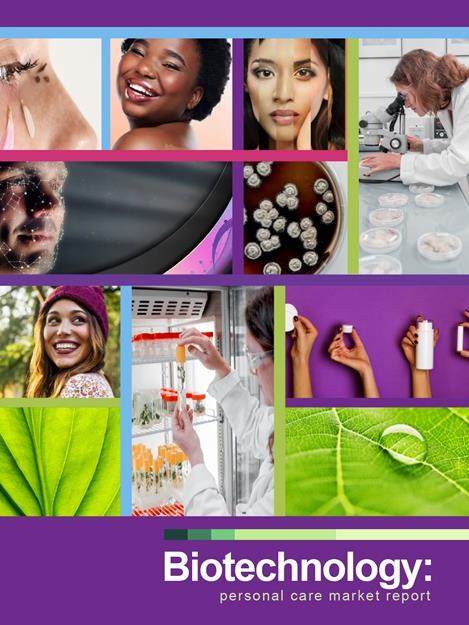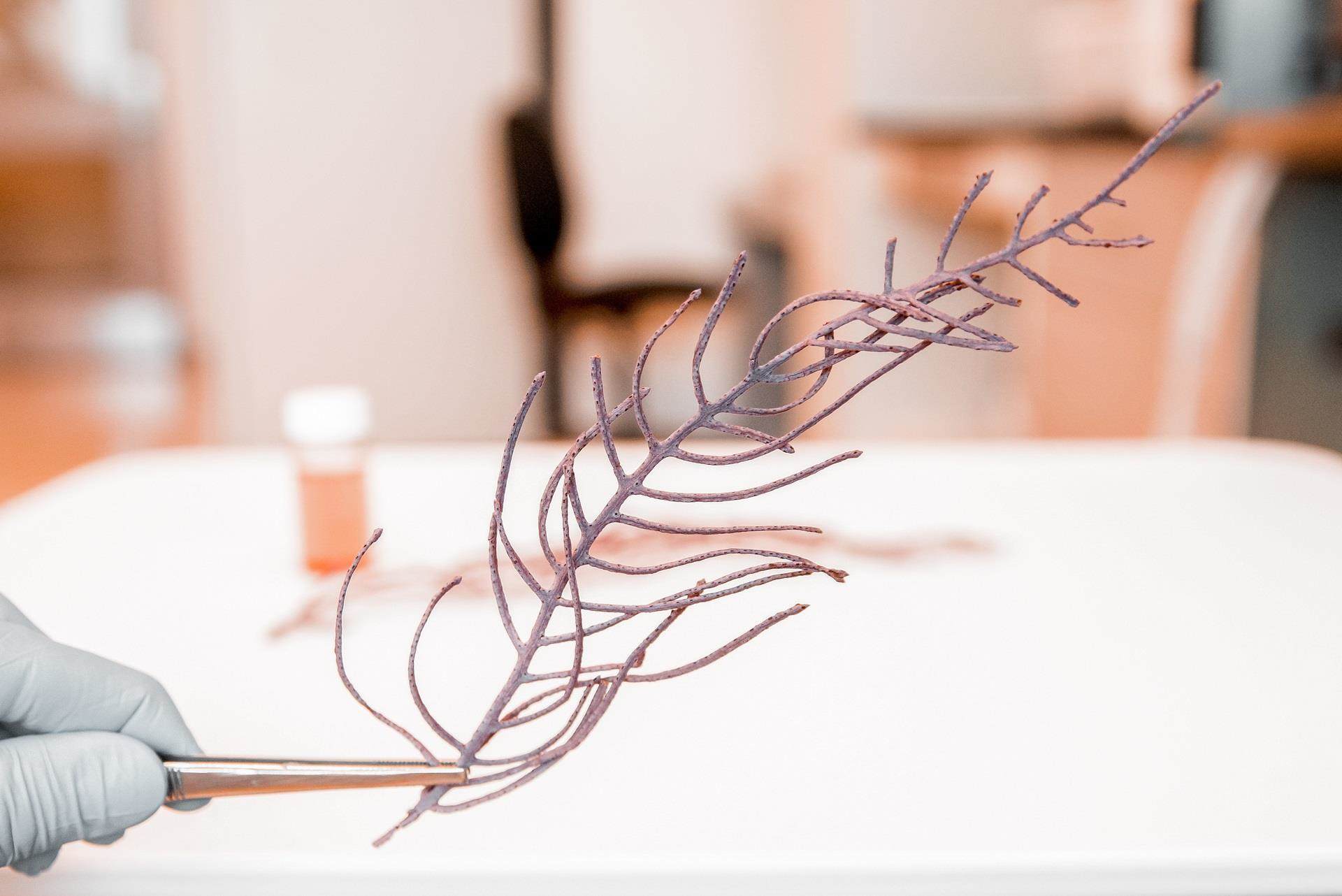Biotechnology in Personal Care
Within the global chemicals industry, the personal care sector is something of a bright spot when it comes to switching from fossil fuels to bio-based ingredients. Aside from food, it has the highest bio-renewable raw material intake of any chemicals-using sector1. This shift is being driven solely by consumer buying patterns. Unusually, these are shaped more by product performance and sustainability than price.
The good news is that a move to bio-based ingredients can satisfy both these priorities. But whilst they can be equally or even more effective, and certainly more sustainable than those derived from petrochemicals, their production still come with trade-offs. This is why consumer priorities are not simply driving an increase in bio-based ingredients, but the use of biotechnology as an innovative way to produce them too. That certainly addresses consumers’ sustainability priorities, but it is the product innovation opportunities biotechnology offers that are equally, if not more, exciting. Because whilst companies have been using bio-based ingredients within their products for decades, they have been limited to what can be created using traditional chemistry, and biotechnology changes that in two ways.
- Firstly, it provides a completely different toolkit with which to explore the molecules that can be obtained from existing living organisms. The number of existing ingredients that can be produced through biotechnology processes such as fermentation and bioprocessing is growing. But there are many more out there that are yet to be identified. Biotechnology is the key to finding them. In an industry that constantly needs to innovate and improve product performance, the opportunity biotechnology offers to answer questions that the sector has never been able to solve through chemistry alone, is huge.
- Secondly, biotechnology-derived bio-based molecules can be adapted to be more potent and therefore more effective. Tailoring ingredients at the molecular level can be used to allow new product delivery systems to be created with specific functions in mind – for example, growth factors or peptides for anti-ageing.
Biotechnology: personal care market report


Biotechnology improving innovation
But if these barriers can be reduced or overcome, personal care companies will be able to find smarter ways to meet the growing performance and sustainability requirements of their consumers, either through brand new biotechnology-derived ingredients or equally effective biotechnology-driven replacements for those already in use.
In our new report, which can be found here, we outline the barriers currently preventing that from happening at sufficient scale, and recommendations for how those barriers can be reduced or removed. Our hope is that it triggers a different conversation about the crossover between personal care and biotechnology – one which seeks to maximise the potential that this completely different set of innovative tools and techniques can offer.
1RoadToBio Strategy Report: Current Status and Drive for Bio-Based Chemicals/Products in nine Product Groups in the EU Chemical Industry - 2019.
